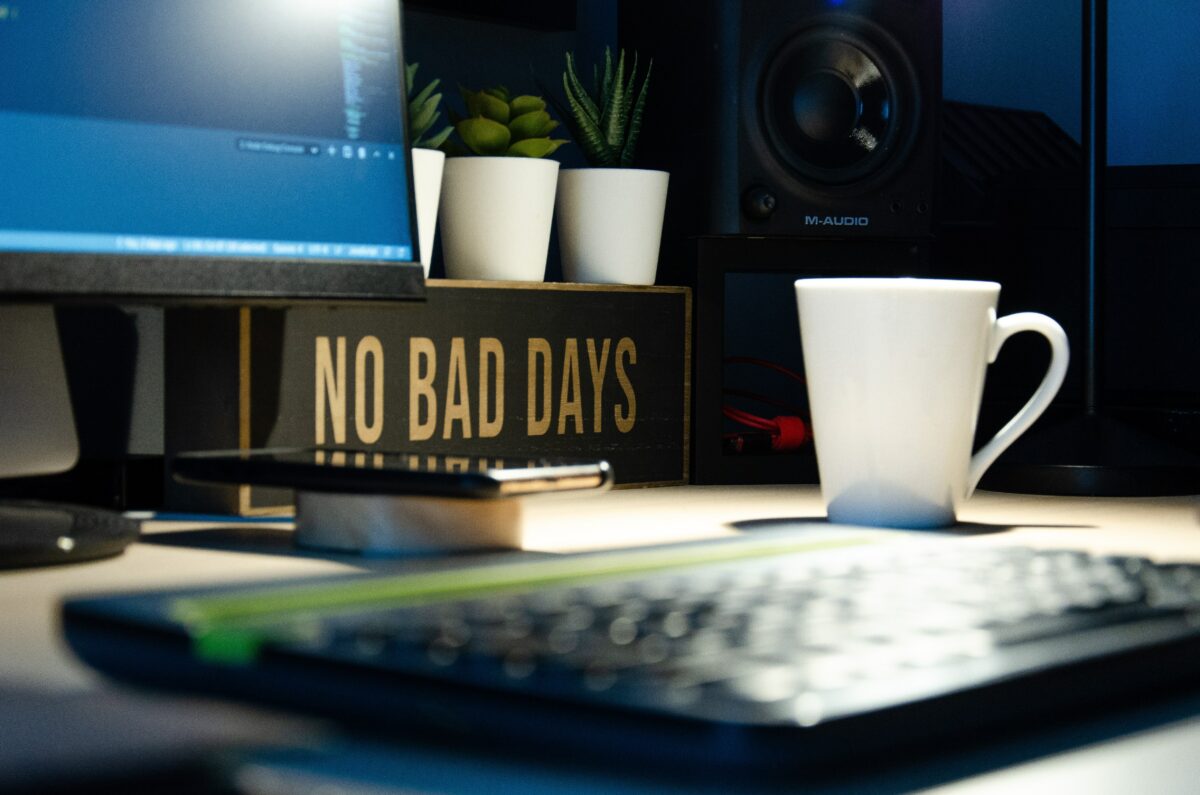
Do you have an interest in coding and gaming? Have you ever considered fusing those two passions by becoming a game developer? Computer game developers design and build the functionality of games released for consoles, PCs, smartphones and tablets alike.
What does a game developer do day-to-day?
Most game developers will work at close quarters with a team of game designers and artists. These professionals will handle how a game looks and feels. You’ll work with these designers and artists to build on their concepts before creating the code necessary to power each element of the game. Before a game is launched – or even an update to an existing game – you’ll also be tasked with testing and debugging any minor flaws in the code to ensure the best possible user experience.

Game development can cover a multitude of niches. Whether it’s casual mobile games, video games for next-generation consoles or iGaming titles like video slots or even online bingo games which are powered by fully decentralised random number generators (RNGs), the game development scene has never been more varied. The latest iGaming software, powering slot libraries and bingo rooms like Deal or No Deal Bingo, is typically using HTML5. That’s to ensure all rooms are fully responsive given that we now live in a mobile-first age. HTML5 is a markup language that’s worth mastering to structure and present gaming content in the best way possible based on specific devices and their screen sizes. Some bingo rooms also have their own native mobile apps, so being able to program for iOS and Android handsets is another bonus too.
The most popular routes into game development roles
One of the most unorthodox routes into a career in game development is to teach yourself and demonstrate your flair by creating your own games. You could then share these games on industry discussion boards and forums or even send them to game development studios to try and catch their eye. If you’re good enough, there’s every chance someone will notice you.
You could also consider getting into the industry from the ground up by earning your stripes as a game tester. There’s no requirement for a university degree or specialist training, but it does give you a solid grounding in how games should be programmed.
If you can afford to do so, you may also try to secure an internship with a leading game studio. Some of these internships are often unpaid, so you’ll need to be in a position where you’re still living with your family or have sufficient disposable income to live off in the meantime. Impress enough during your internship and make sufficient contacts and you could just secure a permanent role.
Of course, there’s always the more expensive route and completing an undergraduate degree in game development. You’ll find Bachelor’s Degrees in Game Art & Design at most colleges today. You may even proceed to get a Master’s Degree in Computer Science to solidify your knowledge and increase your long-term employability in the industry.
The overarching thing to remember is that the game development industry is a hugely competitive marketplace. It’s a dog-eat-dog sector. You need to think outside of the box to stand out. We’ve already touched on sending in examples of basic games you’ve developed yourself, but from the moment you’ve set your heart on working in game development, start to cultivate a portfolio of your work and skillset. This is a better demonstration of your flair and versatility in programming using multiple languages than any Bachelor’s Degree.
According to the Entertainment Software Association, over 227 million people in America alone play video games. This is a sector for life if you’re prepared to graft and show your worth. Good luck!









